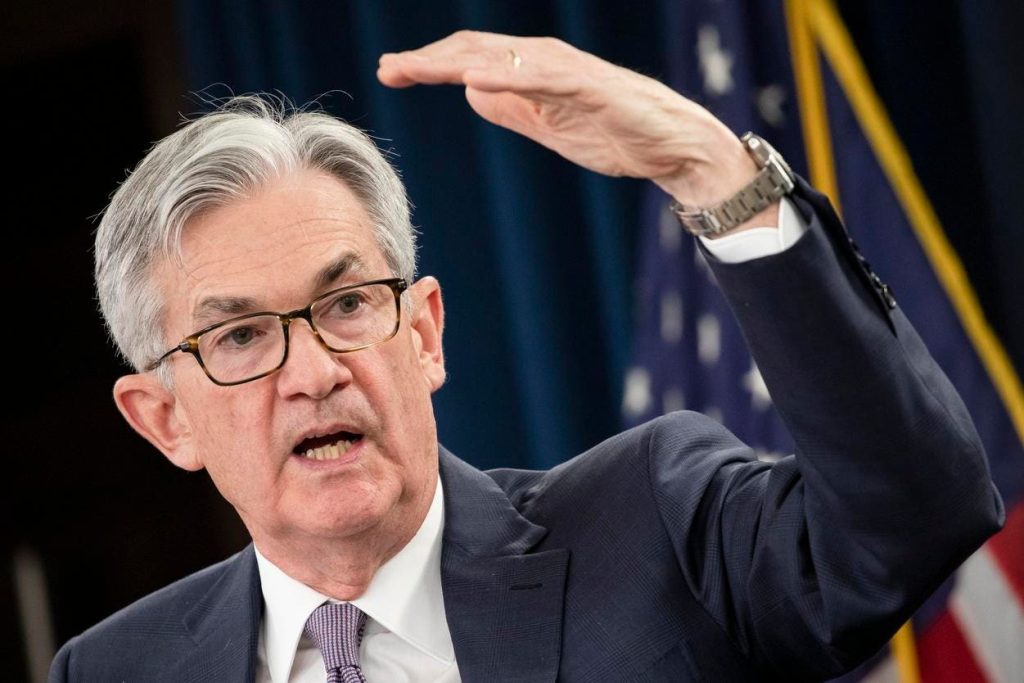Inflation has been a topic of concern recently, with a reading of 3.2% in February, down from a high of 9.1% in June 2022. This is a significant increase from the pre-COVID period when inflation was often below 2%. The impact of inflation on cash is evident, as it diminishes the purchasing power of money by about one third over a decade. Despite the Federal Reserve targeting a 2% inflation rate, recent reports suggest they may be willing to tolerate higher rates, potentially up to 3%.
The Fed’s willingness to tolerate higher inflation levels may be surprising to some, as it deviates from their usual target. Economists explain this change as a shift from a hard target to an average target, allowing the Fed to be more flexible in their approach. This means that the Fed may not react strongly to inflation rates above 2% if they have been below that for an extended period. This change in mindset could impact savers, as the value of their cash holdings continues to decrease rapidly.
However, this approach may benefit stock investors, as lower interest rates can lead to higher stock prices and increased profitability for companies. If the Fed decides to take a dovish approach and lower interest rates, stocks may continue to rally. This could be good news for investors looking to capitalize on potential market gains. The key question is whether individuals will be willing to invest their cash reserves in the market or if they will hold onto their savings due to economic uncertainty.
Overall, the current economic landscape presents challenges for savers while offering potential opportunities for stock investors. The divergence from the 2% inflation target by the Federal Reserve indicates a shift in monetary policy that could have implications for both individuals and the broader economy. As inflation rates remain above target levels, it is important for investors to stay informed and adjust their strategies accordingly to navigate the changing market conditions.
While the impact of inflation on cash holdings may be concerning for savers, the potential for stock market gains offers a ray of hope for investors. As the Federal Reserve considers its approach to inflation and interest rates, it will be crucial for individuals to assess their investment strategies and adapt to the shifting economic environment. By staying informed and proactive, investors can position themselves to make the most of the opportunities that arise in a changing market landscape.















